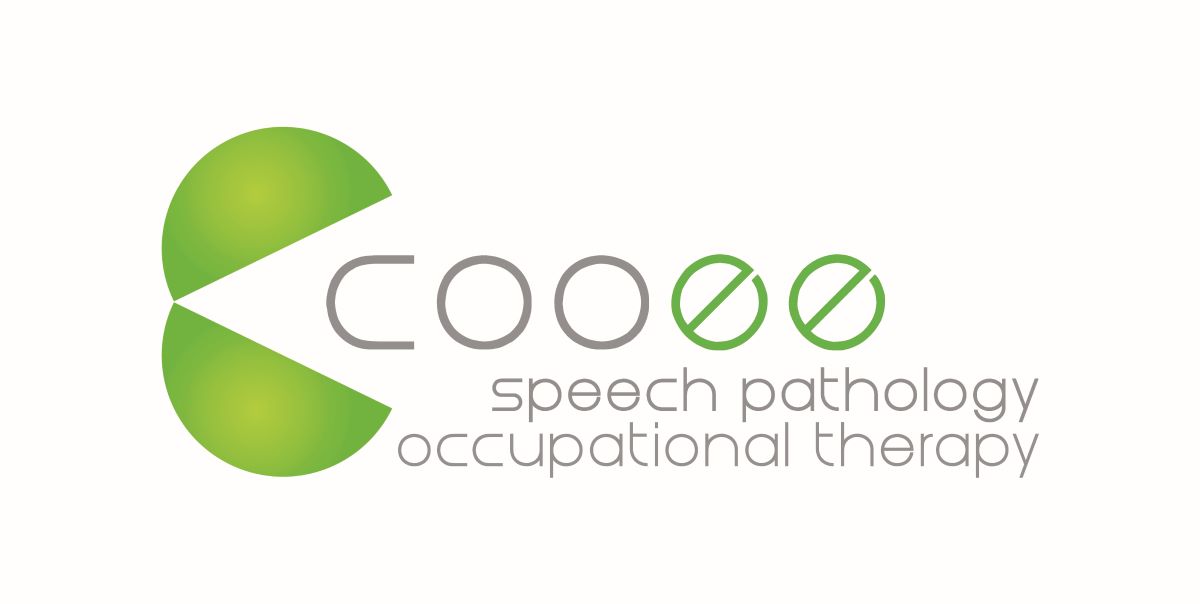What does an Occupational Therapy referral mean?
Why has my child been referred to an Occupational Therapist?

At Cooee Speech Pathology, we work with children with a variety of needs to support them to engage in their daily activities, or as OT’s refer to them, occupations.
In the realm of occupational therapy, an occupation is essentially anything that we do to occupy our time. This includes things that we need to do, such as looking after ourselves or going to school and things we want to do such as play with friends and going to sport.
Anything that brings meaning and growth to our lives.
At Cooee Speech Pathology our team of paediatric occupational therapists support children and their families to optimise their participation in daily activities.
Often we support children who may be experiencing difficulties with the motor skills, sensory processing, attention and executive function, play and social skills, learning and development. Our team of OT’s will assess and investigate what might be happening for your child’s development, set collaborative goals with the family and then carry out an intervention plan that can support your child to reach their full potential. To do this, we work collaboratively with the family, teachers and other healthcare professionals, while building a fun and safe environment for the child to develop these skills.
Do I need a referral to see an Occupational Therapist?
At Cooee Speech Pathology, a formal referral from a medical professional is not required. Simply call the clinic to make an enquiry or book an assessment. If you do have any documentation from schools, learning environments or from another health care provider, bring these along to your appointment as these can help the OT gather all relevant information.
Are there funding options or can I make a claim for Occupational Therapy?
There are funding and subsidy options to accessing occupational therapy. Cooee Speech Pathology is registered with government funding schemes such as the National Disability Insurance Scheme. We also accept private health claims, depending on your coverage and accept 5 Medicare rebated Enhanced Primary Care sessions when referred by your GP.
How can a paediatric Occupational Therapist help my child?
Gross and fine motor skills:
Gross motor skills refer to our big body movements. OTs can support your child develop gross motor skills like core control, postural stability and coordination and how to functionally use these skills in play. If gross motor skills are the primary concern for your child, the OT may recommend referring to a physiotherapist to support overall musculoskeletal movements.
Fine motor skills refer to the distal control in your child’s arms, hands, wrists and fingers. An OT will support your child to develop their fine motor control to enhance their participation in activities such as handwriting, typing, doing up buttons, using their knife and fork, colouring in, tying shoelaces and zippers. OTs work to build the child’s fine motor strength, manipulation, coordination, bilateral integration and isolation of the fingers through fun and playful activities. At Cooee Speech Pathology, some of our favourite activities to build fine motor skills include: pre writing patterns, puzzles, lego, craft, connect 4, theraputty and paper soccer.
Play and social skills:
Play is a vital part of a child’s development. In early child development, so many key skills are developed and learnt through play. Children begin exploring their emotional regulation skills, motor skills, planning and sequencing, language skills and the understanding of the world around them in play. They also learn to take turns, negotiate and share with others in a safe way. For children who have trouble engaging in play or playing with others, our occupational therapists will provide support to enhance your child’s play skills and provide some strategies for parents to engage in play with their child at home.
Sensory Processing:
Sensory processing refers to the way a child receives, interprets and responds to their environment. Sensory processing involves the way a child responds to incoming sensory information through their auditory, visual, tactile, oral, olfactory, vestibular and proprioceptive systems. Each child has their own set of sensory preferences. This may mean that they could prefer a certain texture of food or not like tags on their clothing. If a child’s sensory processing patterns start to impact their participation in activities of daily living such as schooling or community access, it may be worth seeking OT support to investigate why, and how to support this. External supports may be used to support your child’s sensory preferences. Some of our OTs favourite tools include: a body sock, fidget cube, ooze tube timers, howda hugs and hokki stools.
Attention and Concentration:
Our executive functioning skills are our higher order thinking skills. They involve our ability to regulate emotions, inhibit impulse actions, transition when required, sustain working memory, initiate a task independently, plan and organise thoughts and activities and organise belongings and materials. These skills are important for everyday functioning and gaining independence. For children who have trouble with these skills, investigation into your child’s profile and appropriate strategies may support their executive functioning.
If you believe that your child may need some support from an occupational therapist, feel free to give our clinic a call at Cooee Speech Pathology, or search for an OT on the Occupational Therapy Australia website.

Bre Surawski
Occupational Therapist
